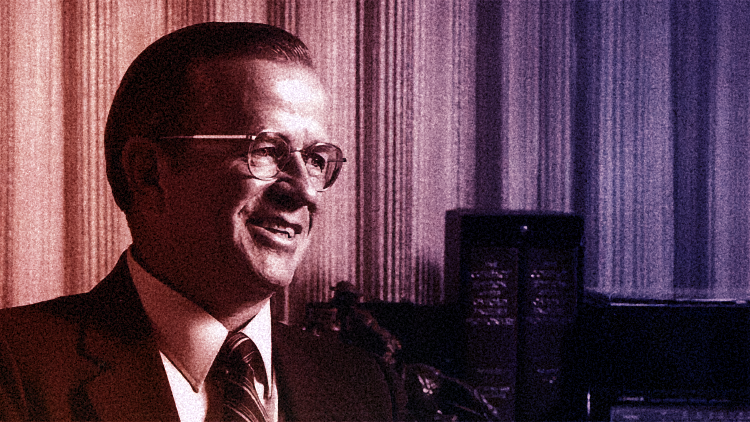Dee Ward Hock was an unlikely revolutionary for banking and finance. It helped being both an outsider and an unapologetic dreamer and experimenter. The combination of a fascination with finance, organizational design, and some help from luck and fate enabled him to help create what would eventually become VISA in the 1970’s.
His ideas of what could be started with a first principals approach to what money fundamentally was. From his book One from Many: VISA and the Rise of Chaordic Organization:
First: such zealously protected things as branches, deposits, loans, and investments were the anatomy, not the nature of banking. They were form, not function. The nature of a bank, its essential function, was the custody, exchange, and loan of money. But what was money? More digging. Money was not coin, currency, or credit card. That was form, not function. Money was anything customarily used as a measure of equivalent value and medium of exchange. But what had that anything become?
Money had become guaranteed alphanumeric data expressed in the currency symbol of one country or another.Thus, a bank would become no more than an institution for the custody, loan, and exchange of guaranteed alphanumeric data.
Any institution that could move, manipulate, and guarantee alphanumeric data in the form of arranged energy in a manner that individuals customarily used and relied upon as a measure of equivalent value and medium of exchange was a bank. It went even beyond that. Inherent in all this might be the genesis of a new form of global currency.
Implied in this view of what money was and how it should function was the type of organization required to make it work. Hock’s vision led to the transformation of the BankAmericacard licensing business of Bank America into what would eventually become VISA.
Just as remarkable was Hock’s life after retiring from VISA in 1984. In addition to his autobiography, Hock wrote two philosophical books of advice and maxims. He remained active as advocate for “chaordic” or chaotic and ordered decentralized organization. He was also an advisor to several crypto and defi companies well into his 80s.
While VISA as of late, has become a punching bag for fees and the target of Sen. Durbin, Hock’s legacy is long felt in not only finance but the lives of almost every living person. Stripe’s David Sterns wrote of Hock at the time of his death last year.
From our current perspective, it’s difficult to appreciate what Hock and Visa accomplished. Today I can hop on a plane to most anywhere in the world and use my Visa card to purchase goods and services regardless of the language spoken by the merchant, the currency of the merchant’s bank account, or the time zone difference between the merchant’s shop and my issuing bank. In the early 1960s, that was simply unthinkable. Today’s magic was yesterday’s dream, and Hock was one of the biggest dreamers of them all.
